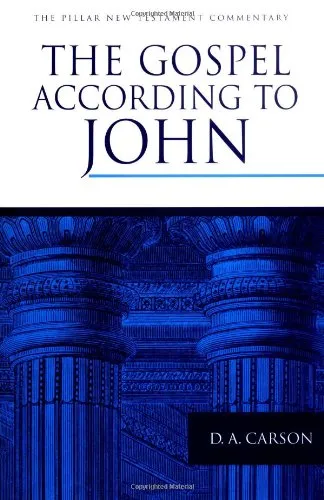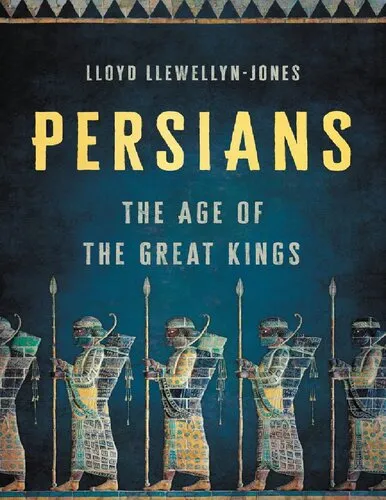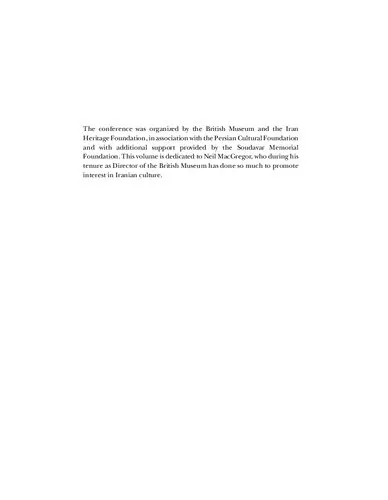Marxism in Britain: Dissent, Decline and Re-Emergence 1945-C.2000 (Routledge Studies in Modern British History)
4.3
Reviews from our users

You Can Ask your questions from this book's AI after Login
Each download or ask from book AI costs 2 points. To earn more free points, please visit the Points Guide Page and complete some valuable actions.Related Refrences:
Introduction
Welcome to an insightful exploration of Marxism's journey in Britain throughout the latter half of the 20th century. "Marxism in Britain: Dissent, Decline and Re-Emergence 1945-C.2000" delves into the complex and often tumultuous history of Marxist thought and movements, examining their impact on British society and politics during this transformative period. Authored by Keith Laybourn, this book is an essential read for anyone interested in understanding how Marxism navigated the socioeconomic currents of modern British history.
Detailed Summary of the Book
The narrative begins in the post-World War II era, when the British Marxist movement was relatively robust, buoyed by a sense of optimism and revolutionary potential. The book charts the subsequent years of dissent and ideological battles, revealing how Marxist theory contended with both internal schisms and external pressures. As the book progresses, it details the steady decline of Marxist influence in Britain, correlating with global geopolitical shifts, such as the collapse of the Soviet Union and the rise of neoliberalism.
Despite these challenges, Laybourn uncovers a re-emergence of Marxist thought during the latter part of the century. The book discusses the revival in interest driven by economic inequalities and social justice movements, which found resonance in the core tenets of Marxism. This revival was characterized by a renewed critique of capitalist structures and an increased engagement with broader socialist ideologies.
Key Takeaways
One of the primary takeaways from "Marxism in Britain" is the enduring adaptability of Marxist thought amidst changing political landscapes. The book illustrates how Marxism, despite its fluctuating prominence, has consistently provided a critical framework for analyzing socio-economic disparities. Moreover, it highlights the role of dissent and debate within the movement as catalytic in reshaping its strategies and approaches.
Another key point is the interconnectivity of global events and local political climates in shaping ideological trends within Britain. The detailed examination of external influences offers readers a comprehensive understanding of how British Marxism navigated external geopolitical shifts.
Famous Quotes from the Book
"Marxism, in its ability to challenge the status-quo, provides a perennial thorn in the side of those in power, perpetually urging societies toward equity and justice."
"The decline of Marxism in Britain was not a silent departure but a loud discourse that questioned assumptions and broadened minds."
Why This Book Matters
This book is a critical addition to the field of modern British history as it captures the dynamic interplay between political ideology and societal evolution. In an age where economic injustice and political unrest are increasingly pertinent, understanding the historical role of Marxism in Britain offers valuable insights for current and future generations seeking alternatives to prevailing economic paradigms.
Furthermore, "Marxism in Britain" serves as a reminder of the cyclical nature of ideology and the continual relevance of critical thought in driving societal progress. It imparts lessons on resilience and adaptability, not only for Marxists but for all who advocate for societal change.
Free Direct Download
You Can Download this book after Login
Accessing books through legal platforms and public libraries not only supports the rights of authors and publishers but also contributes to the sustainability of reading culture. Before downloading, please take a moment to consider these options.
Find this book on other platforms:
WorldCat helps you find books in libraries worldwide.
See ratings, reviews, and discussions on Goodreads.
Find and buy rare or used books on AbeBooks.
1459
بازدید4.3
امتیاز0
نظر98%
رضایتReviews:
4.3
Based on 0 users review
Questions & Answers
Ask questions about this book or help others by answering
No questions yet. Be the first to ask!















